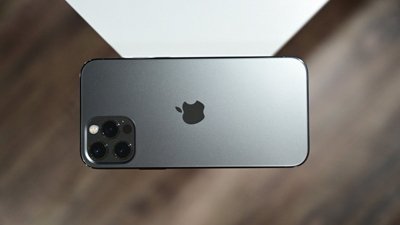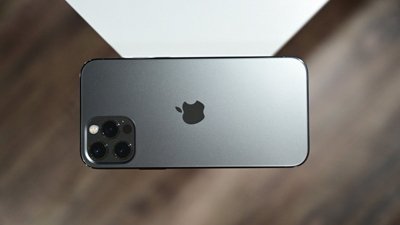Apple launched the iPhone 12 Pro Max alongside the iPhone 12, iPhone 12 mini, and iPhone 12 Pro at Apple's October 13 "Hi, Speed" event. The models differentiate themselves with screen size and camera technology.
The 6.7-inch iPhone 12 Pro Max released on November 13, 2020 alongside the iPhone 12 mini. The 6.1-inch iPhone 12 Pro and iPhone 12 both released in October.
The iPhone 12 lineup has been discontinued from sale besides the base 6.1-inch model. The iPhone 13 and iPhone 13 Pro were released in 2021 as replacements, then the iPhone 14 and iPhone 14 Pro in 2022.
iPhone 12 Pro Max Features
There are four new iPhone models in the fall lineup, with the iPhone 12 Pro Max standing as the larger of the two pro-level models. This device has a bigger 6.7-inch Super Retina XDR display compared to the iPhone 11 Pro Max. It also has a triple-camera system and LiDAR.
Design
Apple changed some iPhone design characteristics in its lineup this fall. It has the same edge-to-edge screen with a notch, but an old design paradigm returned: flat sides. The last iPhone with that design was the original iPhone SE. This follows the iPad Pro, which also moved to a flat-sided design in its third-generation.
The handset ships in four stainless steel finishes, including graphite, silver, gold, and pacific blue.
Display
All four models use OLED Super Retina XDR displays this year with the pro-level models receiving more advanced displays.
The larger pro-level model increases from 6.5 inches to 6.7 inches this generation. The screen size increase further differentiates it from the 5.4-inch iPhone 12 mini at the bottom of the lineup.
For 2020, Apple has also ensured the Pro models have superior video quality, with the inclusion of support for 10-bit color depth imagery in HDR video. The wide-color P3 screens also boast a 2-million-to-1 contrast ratio, 800 nits maximum brightness, 1,200 nits of max brightness for HDR, and TrueTone support.
All the iPhone 12 models use Apple's Ceramic Shield front cover, which the company developed in partnership with Corning. It adds "a new high-temperature crystallization step that grows nano-ceramic crystals within the glass matrix, increasing drop performance by 4x."
Rear Cameras
Around the back, Apple has gone with the same camera arrangement as in 2019, with three 12-megapixel cameras covering Ultra Wide, Wide, and Telephoto ranges, with a 4x optical zoom in, 2x optical zoom out, and a 10x digital zoom in. Equipped with dual optical image stabilization, it has Portrait Mode and Portrait Lighting effects, a Night mode, Smart HDR, and Panorama features.
The optical image stabilization has been upgraded to a DSLR-style Sensor Shift, where the sensor moves but the lens does not, enabling the image to stay sharper, and for longer exposures to be made that capture more light, even up to two seconds long when hand-held. It can adjust up to 5,000 times per second, approximately five times as many adjustments than similar systems used in the iPhone 11 Pro range.
Apple also introduced Apple ProRAW for its Pro line, a new imaging format combining RAW photography with computational photography features like Deep Fusion and Smart HDR. This includes having full control over color, details, and dynamic range, all from the iPhone's Camera app. Users can edit ProRAW images in the Photos app or third-party Raw editors like Lightroom.
Apple boosted video capabilities, including the ability to record in 10-bit HDR. This is the first iPhone to record in Dolby Vision HDR, which users can edit on the iPhone and play through a compatible screen over AirPlay. It is able to do this even at 4K resolution at 60fps. It also supports 1080p slo-mo at 240fps, records stereo audio, and supports Audio Zoom.
At the top of the screen is the standard notch and TrueDepth camera array, which can capture 12-megapixel images complete with Portrait Mode and Portrait Lighting effects. It offers 4K video recording at up to 60fps with cinematic video stabilization, 4k 30fps HDR with Dolby Vision, and 1080p slo-mo video at 120fps.
New for 2020, the pro-level models are also equipped with a LiDAR sensor, which can perform time-of-flight calculations to generate a 3D map of the surrounding area. It's a similar technology to the front-facing TrueDepth camera's capabilities, only on the back of the iPhone.
Using the new sensor, users can take advantage of the depth data to create enhanced Portrait Mode imagery, among other photographic effects. It is able to assist the autofocus in low-light situation, making it gain focus six times faster.
It also boosts ARKit applications that can use the added depth data, including room scanning.
Apple added ProRAW support in an iOS 14 update which adds a large amount of sensor data to photos for improved editing and control. The new format combines a DNG file with other information like Smart HDR data for an improved RAW package.
Processor
Apple introduced the A14 alongside the iPad Air 4 at its September "Time Flies" event. The new chip also powers the iPhone 12 series.
TSMC supplies some of the current A-series processors for Apple using a seven-nanometer process. The company announced a new 6nm process was ready for mass-production in April 2019, and the 5nm process was in a pre-production phase. It was then no surprise to learn that the A14 Bionic used the 5nm process.
A benchmark for an unknown A-series processor showed up in Geekbench that may be for the A14. This benchmark showed a 50% gain in single-core performance over the A12Z Bionic used in iPad Pros. This benchmark indicates the A14 would also be the first A-series chipset to ever clock over 3GHz.
At WWDC 2020, Apple announced that it was moving its Mac processors from Intel to Apple Silicon. The company then launched the first M1-powered Macs in the late-2020 models of the MacBook Pro, MacBook Air, and Mac mini. This process doesn't affect the iPhone 12 models directly, but what Apple learns from producing Mac-class processors will likely trickle down to the mobile line.
5G and wireless connectivity
Apple upgraded from 4G LTE to 5G in the next-generation iPhones. Qualcomm provided the modems this year since Intel has exited the 5G modem business.
Apple may start making modems after acquiring the patents from Intel in a billion-dollar deal. However, the Apple-designed modems wouldn't be ready until 2022 at the earliest.
MagSafe
MagSafe, a name once used on MacBook chargers, now describes a magnetic system for the iPhone 12 series. Inside the back of each phone is a circular arrangement of magnets. These will snap the phone onto cases, wireless chargers, wallets, and sleeves.
Apple has created a new ecosystem for MagSafe accessories. Both Apple and hardware partners like Belkin are making magnetic accessories for the new phones.
MagSafe
MagSafe returns for the iPhone 12 lineup. Apple has added a magnetic charging and accessory solution to the new iPhones which allow users to easily attach and swap cases and other accessories.
Cases purchased for iPhones with MagSafe will need to have a special magnetic charging coil in order to be compatible with MagSafe charging. The charger can output up to 15W to the iPhone, and will still charge Qi compatible devices at 7.5W.
Users can attach accessories like wallets and stands via MagSafe as well, opening up an entirely new accessory ecosystem.
Size and Weight
Apple slightly reduced the borders in the new models. In this max-sized model, that makes for a slightly bigger device with an even bigger display size.
Compared to the iPhone 11 Pro Max, the iPhone 12 Pro Max is 1.8% taller and 9.4% thinner. The new model is also slightly heavier than its predecessor.
| iPhone 12 mini | 131.5/5.18 | 64.2/2.53 | 7.4/0.29 | 135/4.76 |
| iPhone 12 | 146.7/5.78 | 71.5/2.82 | 7.4/0.29 | 164/5.78 |
| iPhone 12 Pro | 146.7/5.78 | 71.5/2.82 | 7.4/0.29 | 189/6.66 |
| iPhone 12 Pro Max | 160.8/6.33 | 78.1/3.07 | 7.4/0.29 | 228/8.03 |
| iPhone SE (2020) | 138.4/5.45 | 67.3/2.65 | 7.3/0.29 | 148/5.22 |
| iPhone 11 | 150.9/5.94 | 75.7/2.98 | 8.3/0.33 | 194/6.84 |
| iPhone 11 Pro | 144/5.67 | 71.4/2.81 | 8.1/0.32 | 188/6.63 |
| iPhone 11 Pro Max | 158/6.22 | 77.8/3.06 | 8.1/0.32 | 226/7.97 |
| iPhone SE (2016) | 123.8/4.87 | 58.6/2.31 | 7.6/0.3 | 113/3.99 |
Additional Features
- Includes Lightning-to-USB-C cable
- Does not include a charging plug in the box
- Does not include EarPods in the box to cut costs, boost AirPods sales, and reduce carbon footprint
- Dark Blue color replaces Midnight Green
- Seven-element lens system for increased image quality
iPhone 12 Pro Max review
In the AppleInsider review, we gave the handset a 4 out of 5 score. We emphasized its pro-level features, including the best camera and battery life on any iPhone. However, the combination of enormous size and significant price made us question who really needs to make this upgrade – especially in light of an economy-straining pandemic.
On the camera
The addition of Apple ProRAW will be appealing to photographers, providing the benefits of capturing RAW images while also benefiting from image processing from Deep Fusion and Smart HDR. This means the iPhone will handle elements like noise reduction and multi-frame exposure adjustments automatically, while still providing a wider range of data for more precise editing.
We appreciated the bigger sensor and improved stabilization, however, unless you're shooting photos in dark environments, the difference won't be great. In bright rooms, we had trouble differentiating between images shot on iPhone 11 Pro Max and iPhone 12 Pro Max.
Battery life
Since this is the biggest iPhone in the lineup, it has the biggest battery. Apple claims it can last for up to 20 hours of video playback, or up to 12 hours of video playback when streamed, and up to 80 hours of audio playback.
Our battery testing bears out Apple's claims for the most part, though 5G adds a complexity to determining battery life. When using 5G actively, it can drain the battery much faster than the expected rates.
Size
At 6.33 inches tall and 3.07 inches wide, the device is well within 'phablet' territory, while maintaining a 0.29-inch thickness of its stablemate, the iPhone 12 Pro. Its size also makes it the heaviest in the range at 8.03 ounces.
This reviewer has large hands, and it is in no way a one-hand iPhone. It's a comfortable and solid hold, but it is a big iPhone, and there is no question about it. We've passed it around to several of our colleagues and friends, and the general consensus is that this phone is pretty good at a desk, but not something you'd want to walk around and use.
If you need it for pro photography or have the financial luxury of upgrading to the very best iPhone every year, you won't be disappointed. However, if you don't fall into that category, you may be better off sticking with an older max-sized model or saving some money and hand size on the smaller iPhone 12 Pro.
Pricing and Release
The iPhone 12 Pro Max remains at the same price points that the iPhone 11 Pro Max held. That means a $1099 starting price. The handset released on November 13.
iPhone 12 Pro Max Prices
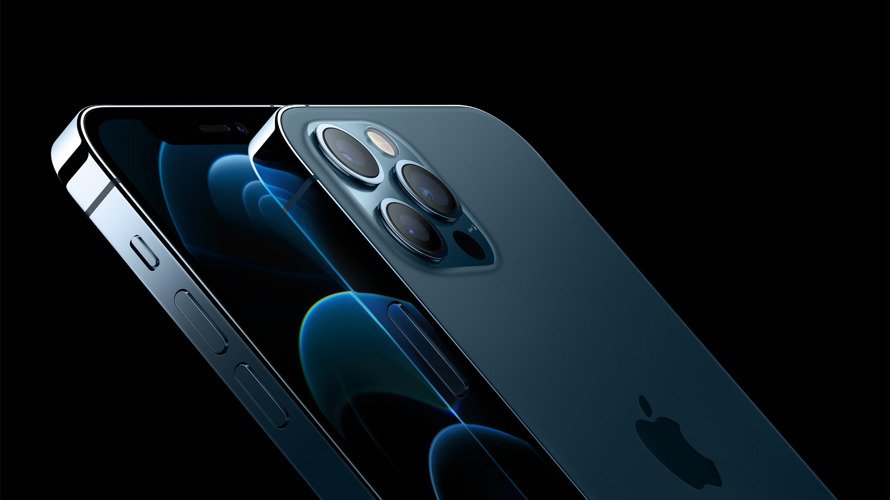
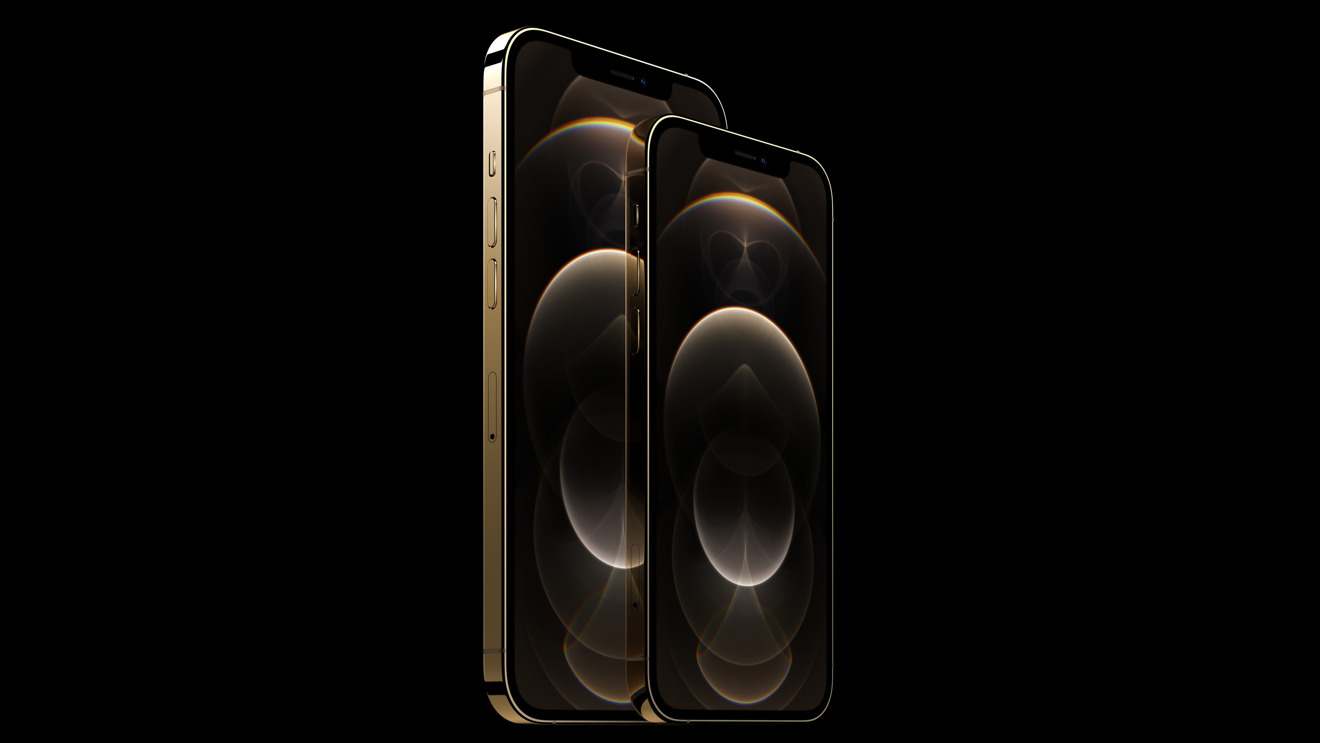
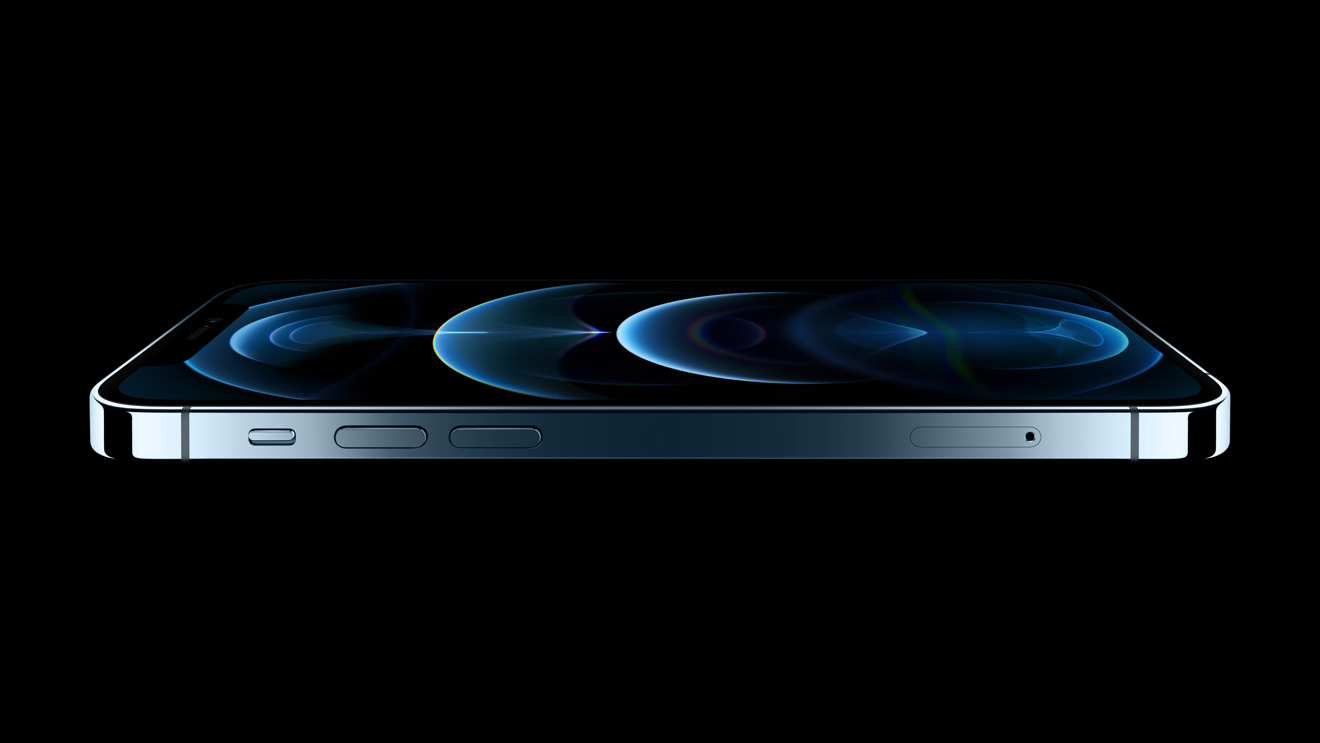
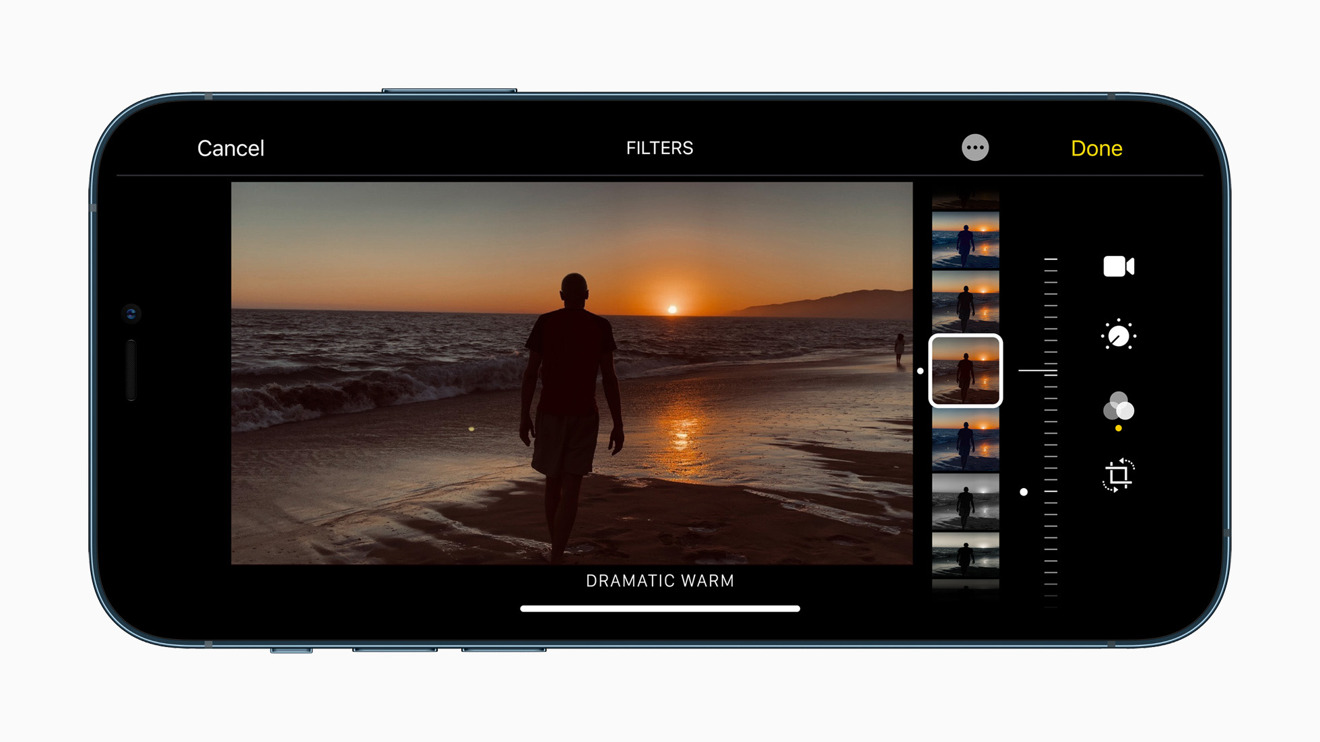
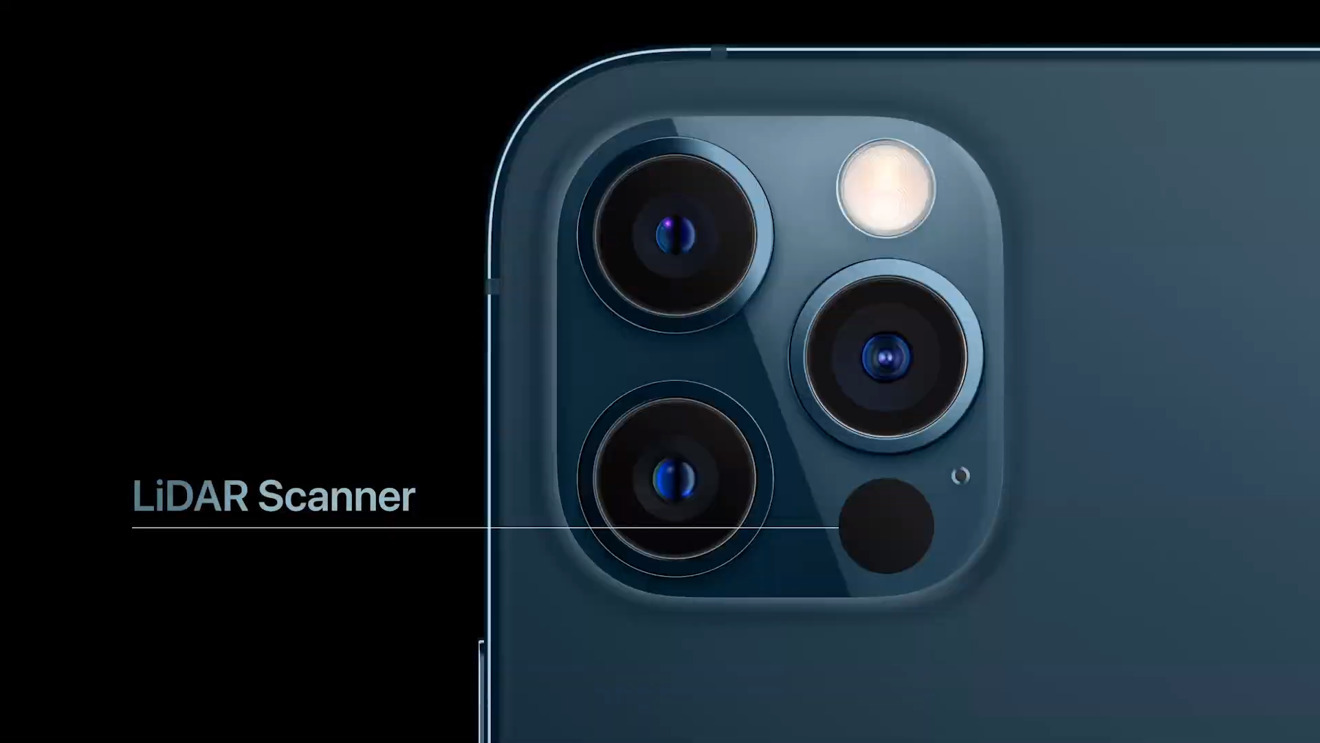
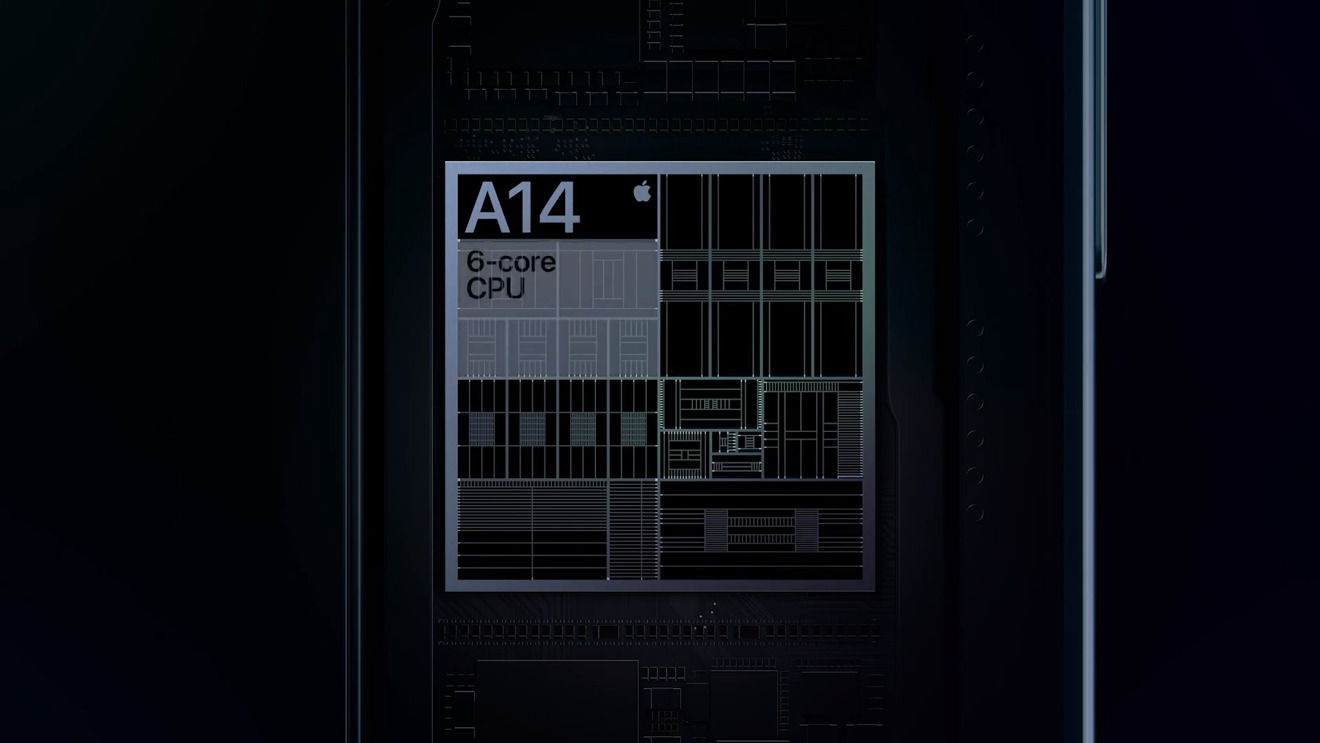
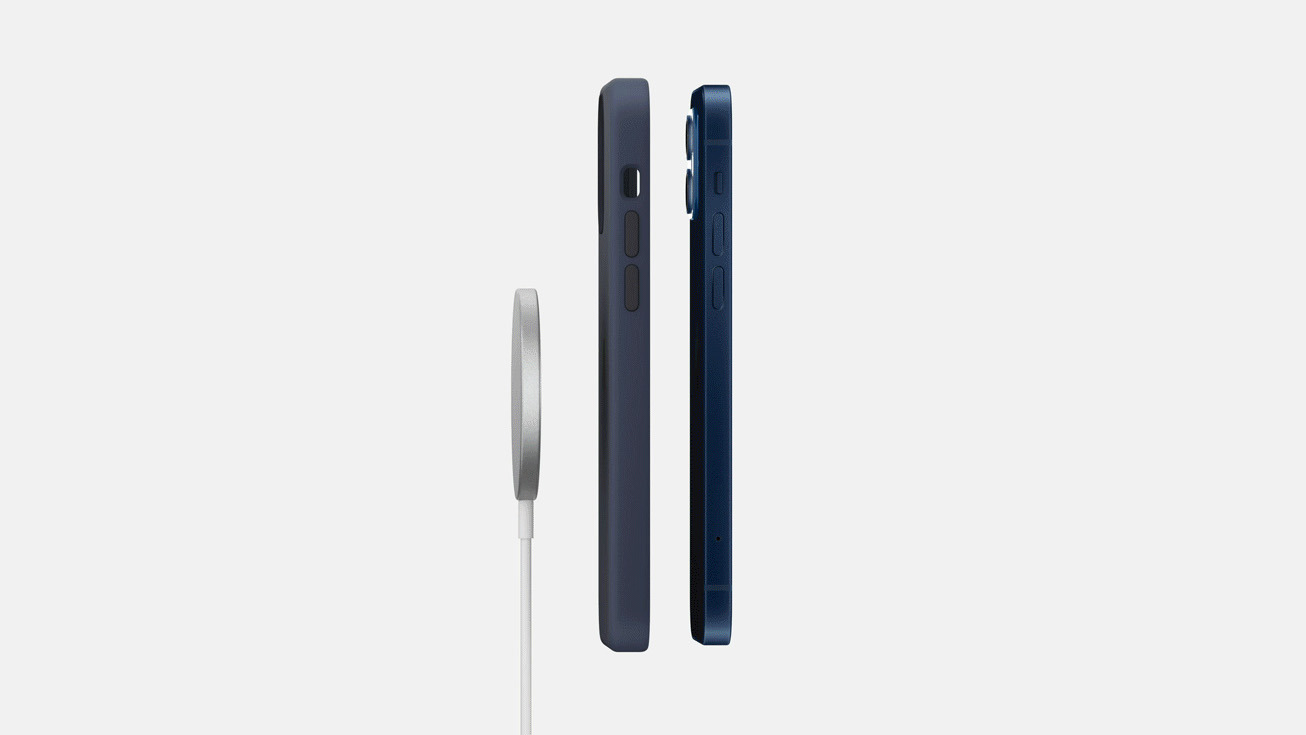
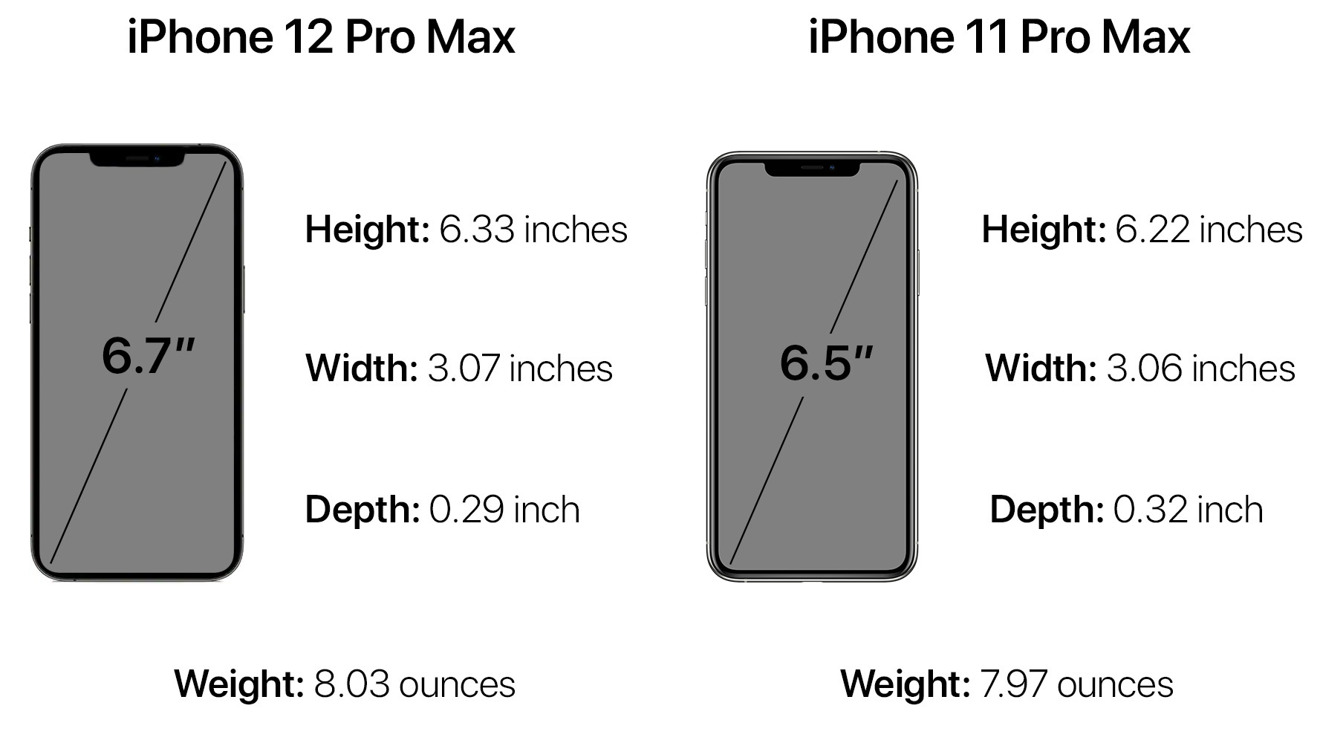

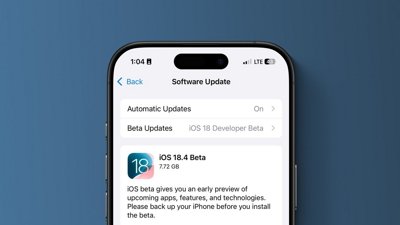
 Charles Martin
Charles Martin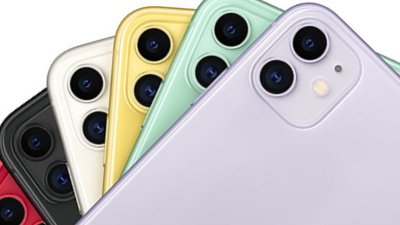
 William Gallagher
William Gallagher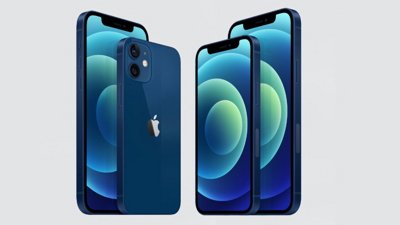
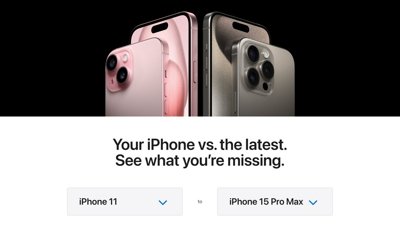
 Wesley Hilliard
Wesley Hilliard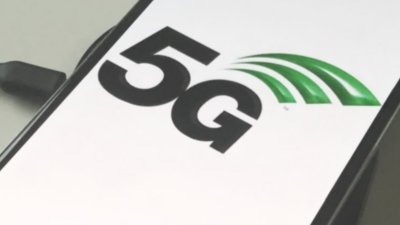
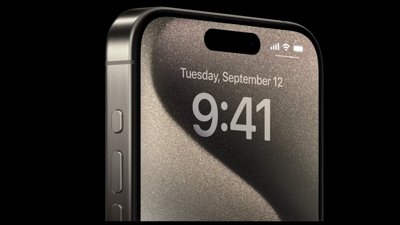
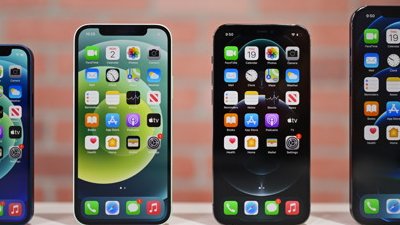
 Amber Neely
Amber Neely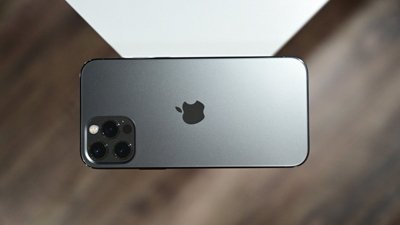
 Mike Wuerthele
Mike Wuerthele